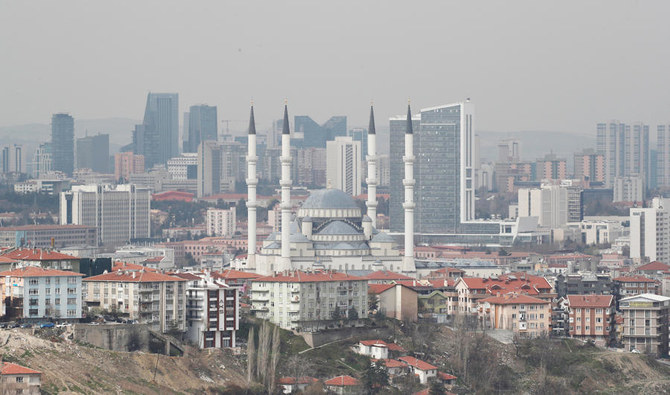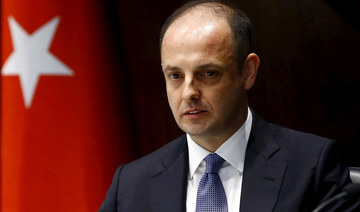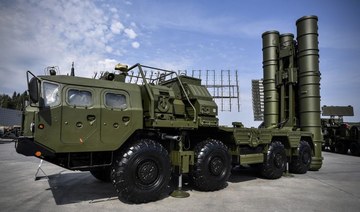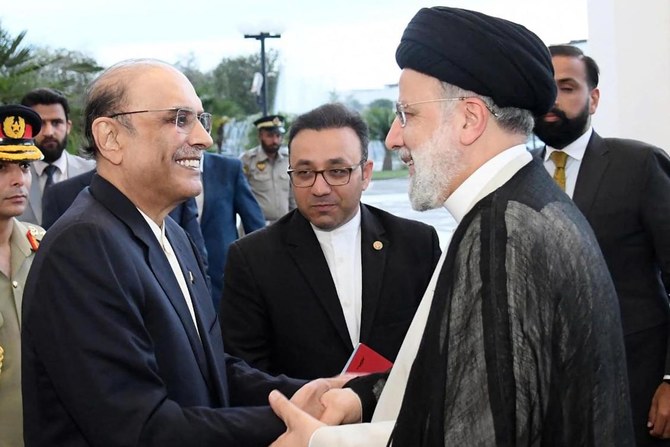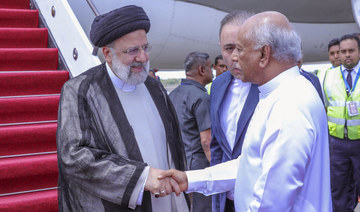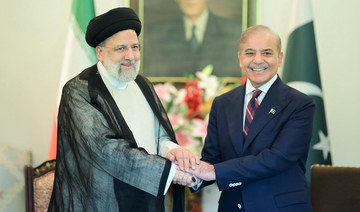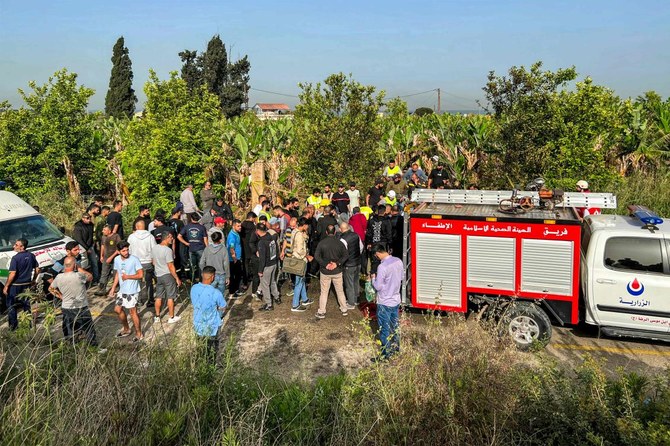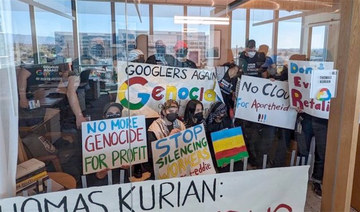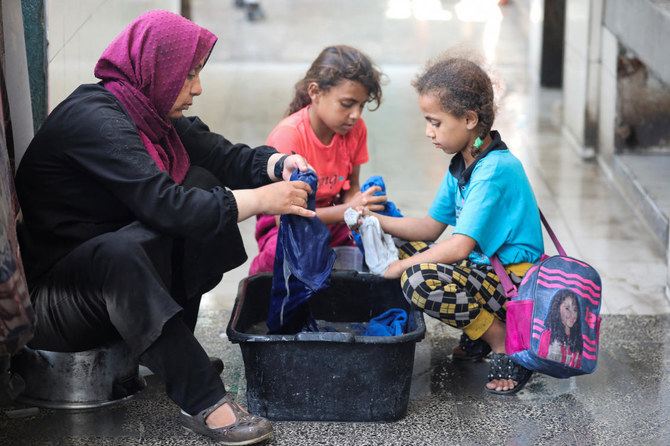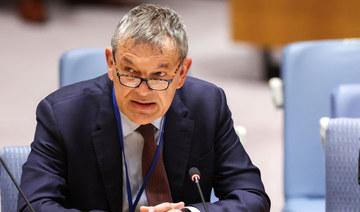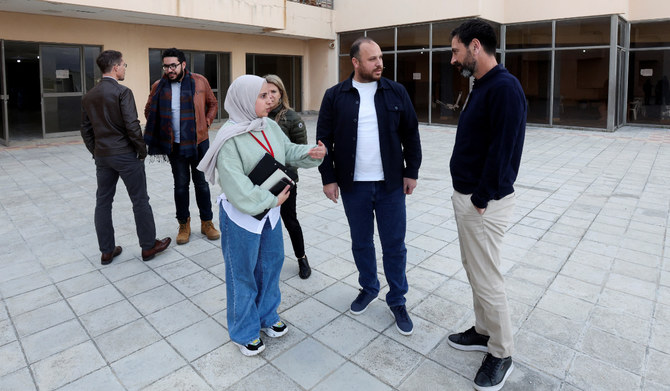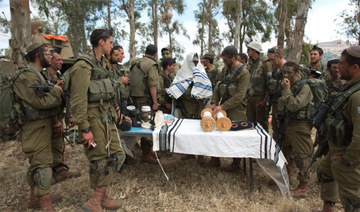ANKARA: The confidence of foreign investors in Turkey’s recession-hit economy is at stake following the surprise dismissal of the governor of the Central Bank by President Recep Tayyip Erdogan on Saturday.
The four-year term of Gov. Murat Cetinkaya was due to last until 2020. But he was replaced by his deputy Murat Uysal by presidential decree with no official reason given.
Uysal has spent most of his career at the state-run Halk Bank.
Analysts suggested that the dismissal is likely related to Erdogan’s insistence on keeping lower interest rates while the bank has mostly maintained its benchmark interest rates for 10 months.
Erinc Yeldan, professor of economics at Bilkent University in Ankara, said this is the latest wave of economic mismanagement that will not only influence the Central Bank but also other regulatory institutions.
“The Central Bank was facing pressure for about three years to be prevented from following an independent interest rate policy. This latest move is a direct intervention into its independence and is called crony capitalism,” he told Arab News. According to Yeldan, this move will increase the perception of Turkey as risky for domestic and international investors, alongside the deteriorating macroeconomic balances.
“I expect the fluctuation in the exchange rates and the mismanagement of the risk perception to bring further instability and prestige loss for the Turkish economy,” he added.
Wolfango Piccoli, co-president of Teneo Intelligence, said that the sacking of Cetinkaya suggests that Erdogan is not willing to tolerate a slow growth outlook.
“It is more proof that the independence of the Central Bank is gone and that Turkey’s overall institutional setup is getting weaker and weaker,” Piccoli told Arab News.
“It sends all the wrong signals to investors. A selloff of the Turkish lira is likely on Monday. The new governor will face an uphill struggle to gain any credibility,” he added.
Tim Ash, senior emerging markets strategist at BlueBay Asset Management, said Cetinkaya had few supporters and his sacking was expected.
“This was an opportunity to refresh and renew the Central Bank with someone from outside with real monetary policy gravitas. That opportunity has been wasted,” Ash told Arab News.
“The assumption is the new governor was hired because he will cut rates on demand from the presidential palace. Ironically, Uysal’s hiring likely makes it more difficult for the Central Bank to cut rates as the risk is that the market will react badly to this change,” he added.
This is the latest wave of economic mismanagement that will not only influence the Central Bank but also other regulatory institutions.
Erinc Yeldan, Economics professor
Durmus Yilmaz, a former Central Bank governor, said that the sacking is not based on legal grounds and it undermined the bank’s independence.
“They gave a terrible signal to the market. The credibility of the Central Bank was already being questioned, and now the crisis has been deepened,” Yilmaz told Arab News.
The timing of Cetinkaya’s removal also coincides with impending political turmoil as Turkey is set to receive Russian air defense systems that could trigger harsh sanctions by the US and put the lira under more stress.
Last year’s currency crisis diminished 30 percent of the lira’s value.
The next meeting of the Central Bank is set to be held on July 25, where a decision for easing monetary policy is expected.



